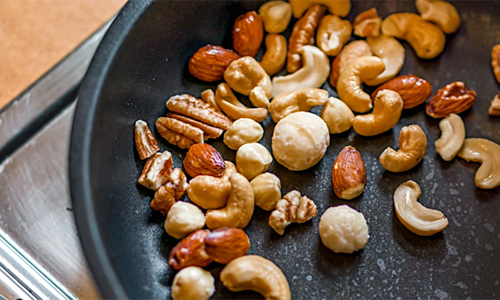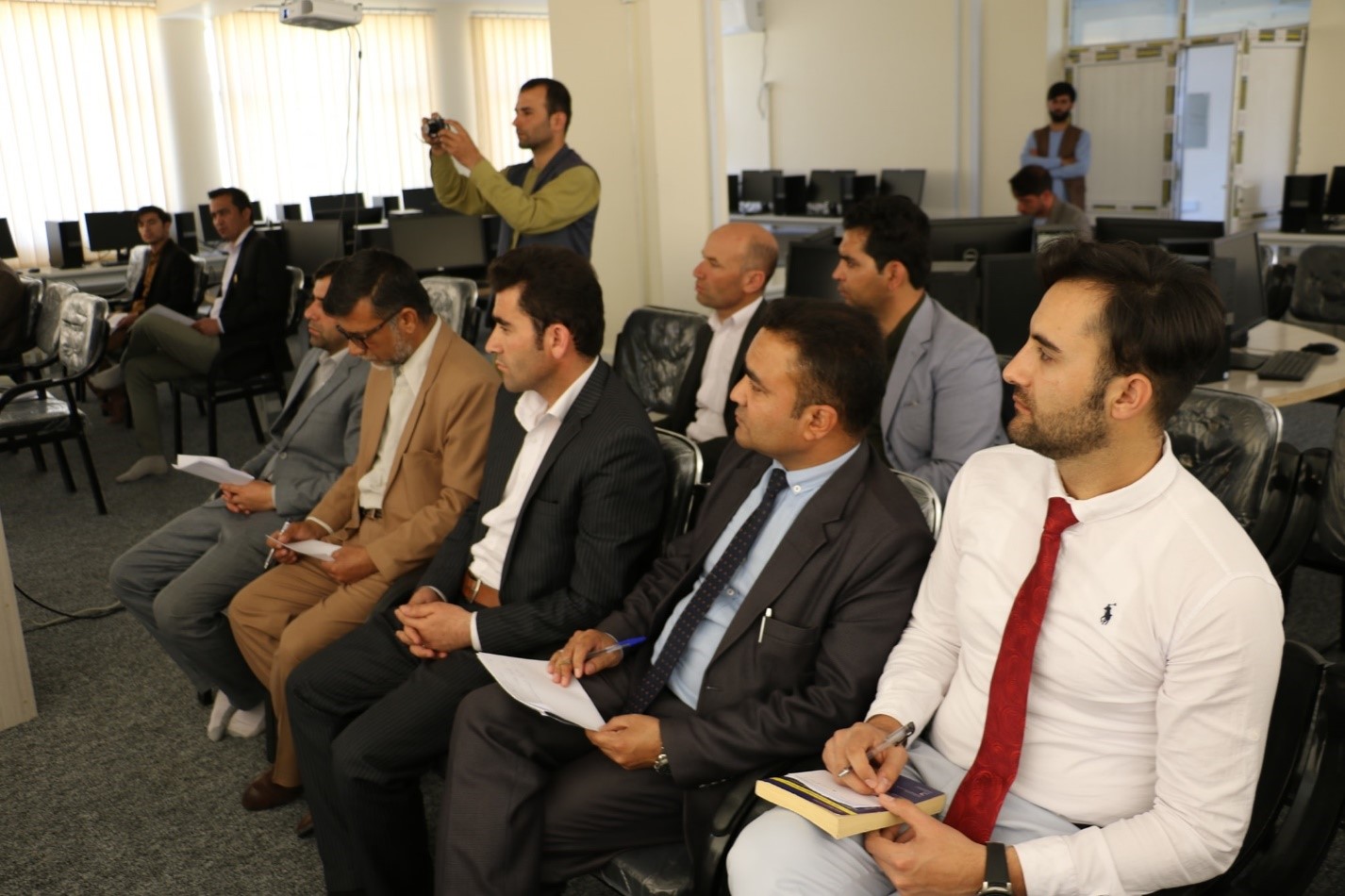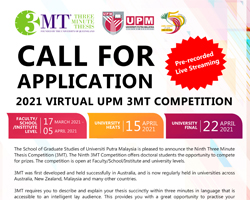Saltwater crocodiles are not endangered, but their natural range has been greatly reduced. Formerly dominant in estuaries throughout South-East Asia, they now roam wildly in only a handful of countries. Habitat loss and deadly conflict with humans threaten the crocodiles' future in this fast-developing region.
In the last two years, a team of researchers from Universiti Putra Malaysia's (UPM) faculty of veterinary medicine— led by Professor Abd Wahid—has been collecting and studying semen from saltwater crocodiles with an eye on their conservation. They are the first to successfully collect semen from saltwater crocodiles in Malaysia. An Australian group reported the only other known successful attempt in 2014. The procedure is relatively easy, involving minimal massage of the crocodile's penis to facilitate semen flow.
Restraining the crocodile, however, requires a skilled and experienced team. Such essential expertise was provided by the UPM team's collaborators: The Department of Wildlife and National Parks, the Sarang Buaya Crocodile Sanctuary and its municipal council.
So far, the researchers have successfully collected semen six times from four captive saltwater crocodiles. Although each collection produced less than one millilitre of semen, it was enough to examine fertility characteristics like sperm numbers and motility. The researchers' results further support the earlier Australian study. They also tested four types of extenders—solutions that keep sperm viable—and found one that works.
The next step is to develop cryopreservation and then artificial insemination. There are also many more interesting questions that need to be answered by further research, "like how the crocodile's chilled semen can stay viable for over three weeks while those of mammals cannot," says Wahid. "But funding is a huge challenge," he adds.
Artificial insemination is a complex technique that requires not just the technology to handle sperm but also an understanding of the animal's physiology and behaviours. With artificial insemination, however, scientists can prevent inbreeding in captive crocodiles and selectively breed them for adaptive traits like disease resistance.
Studies of saltwater crocodile reproduction could spill over to benefit rarer and less-understood crocodilians. One example would be the false gharial (Tomistoma schlegelii), also known as the Malayan gharial, a type of freshwater crocodile, which is listed as 'vulnerable' by the International Union for Conservation of Nature.
"Artificial insemination would really help in assisted breeding of animals that are endangered," says Dr Tengku Rinalfi of the UPM team. The team has so far failed to use the same method to collect semen from the false gharial. "Whatever we do in saltwater crocodiles can serve as a model for [the] false gharial."




























